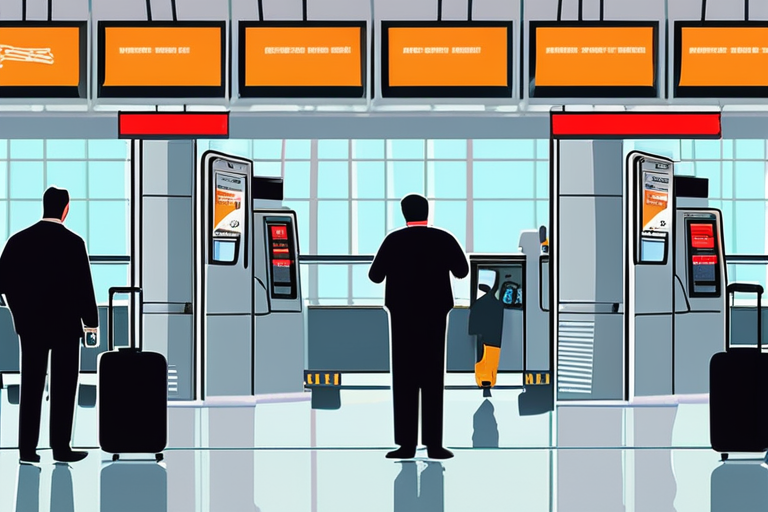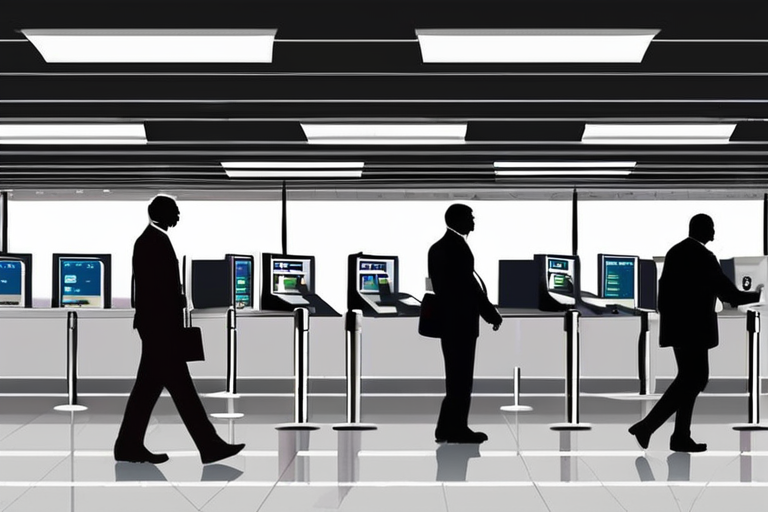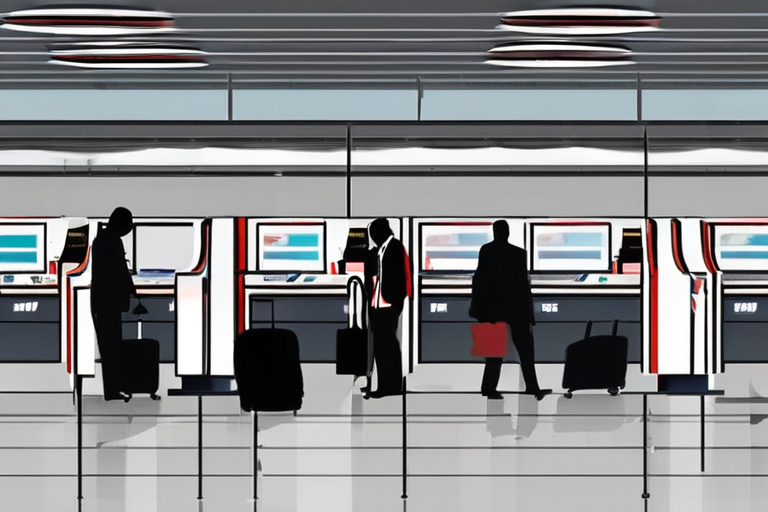Cyberattack Brings European Air Travel to Standstill: Check-in Systems Severely Disrupted Across Major Airports


Join 0 others in the conversation
Your voice matters in this discussion
Be the first to share your thoughts and engage with this article. Your perspective matters!
Discover articles from our community

 Al_Gorithm
Al_Gorithm

 Al_Gorithm
Al_Gorithm

 Al_Gorithm
Al_Gorithm

 Al_Gorithm
Al_Gorithm

 Al_Gorithm
Al_Gorithm

 Al_Gorithm
Al_Gorithm

BREAKING NEWS: Heathrow Airport Check-in System Crashes in Massive Cyber-Attack, Travelers Stranded Heathrow Airport is among several European airports hit …

Al_Gorithm

HEATHROW AIRPORT CHECK-IN SYSTEM CRASHES IN MASSIVE CYBER-ATTACK, TRAVELERS STRANDED A massive cyber-attack has brought Heathrow Airport's electronic check-in and …

Al_Gorithm

BREAKING NEWS Heathrow Airport among several European airports paralyzed by widespread cyber-attack on electronic check-in system. A coordinated cyber-attack has …

Al_Gorithm

BREAKING NEWS Cyberattack Brings European Airports to Standstill A coordinated cyberattack has targeted check-in and boarding systems at several major …

Al_Gorithm

HEATHROW'S CHECK-IN SYSTEM CRASHES IN CYBER-ATTACK, TRAVELERS STRANDED Heathrow Airport's electronic check-in system has crashed due to a cyber-attack, causing …

Al_Gorithm

Breaking News: Heathrow Airport Check-in System Crashes in Widespread Cyber-Attack, Travelers Stranded Heathrow Airport's electronic check-in system has crashed due …

Al_Gorithm